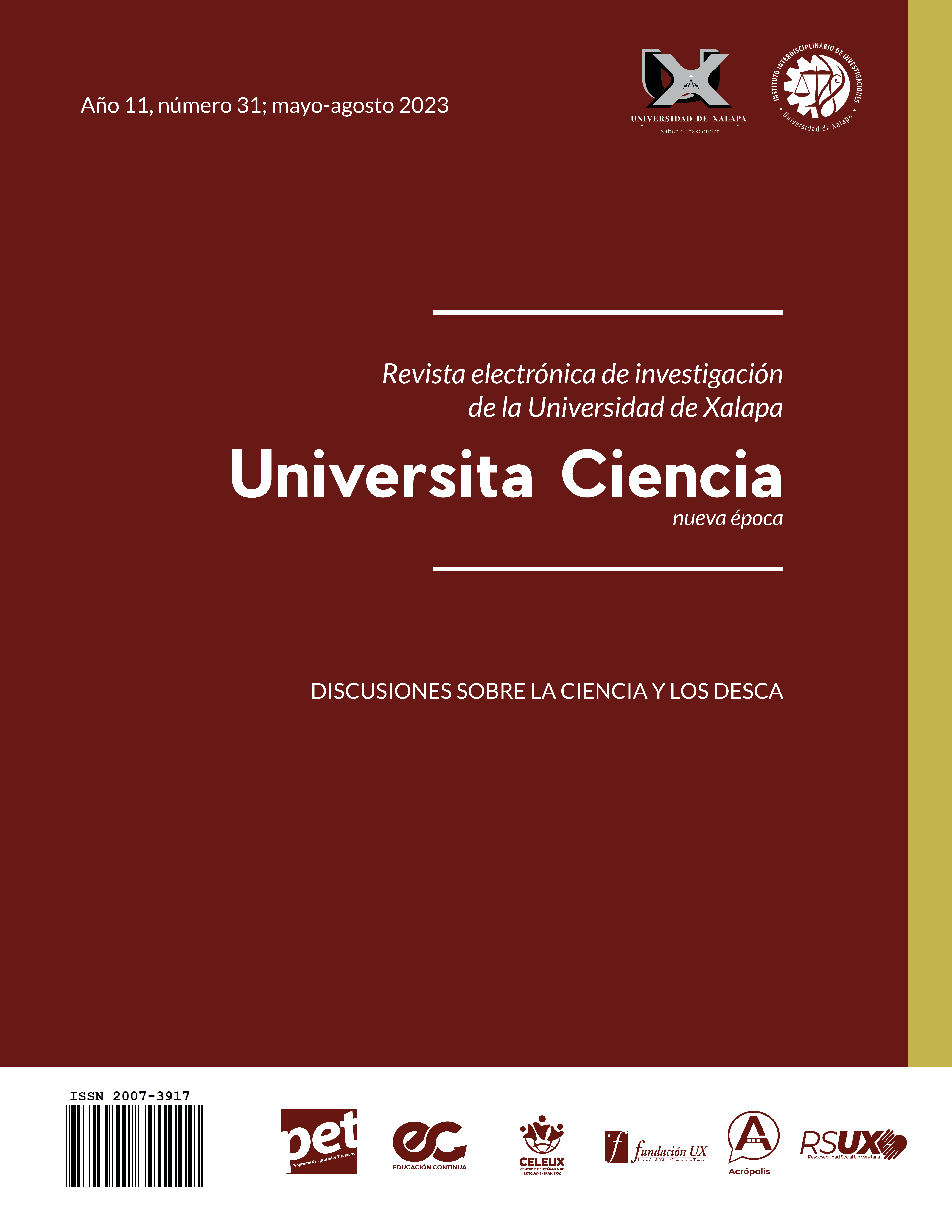The Role of Ethical Leadership for the Promotion of Citizen Participation in the Formulation of Public Policies
DOI:
https://doi.org/10.5281/zenodo.8215361Keywords:
Leadership, ethical leadership, public policies, public participation, Colombia, legitimacyAbstract
This article considers the role of ethical leadership for the promotion of citizen participation in the formulation of public policies. The problem of limited and biased citizen participation in the formulation of public policies is addressed and it is argued that ethical leadership can improve the quality and equity of citizen participation. A cabinet investigation was carried out based on the analysis of documents, using secondary information sources, such as books, academic articles and websites of official organizations. As a result, it is presented that ethical leadership can foster trust, mutual respect between social leaders and civil society, transparency and accountability in the process of formulating public policies in the Colombian context, which can improve the quality and equity of citizen participation so that it is inclusive and effective in the formulation of public policies.
Metrics
References
Abbagnano, N. (1961). Diccionario de filosofía. Fondo de Cultura Económica.
Acuerdo núm. 074 (2022, 7 de octubre). Por medio del cual se adopta la política pública de Bucaramanga 2022-2023. El Concejo de Bucaramanga. https://www.concejodebucaramanga.gov.co/proyectos2022/PROYECTO_DE_ACUERDO_074.pdf
Aguilar Villanueva, L. F. (2015). El concepto de política pública. Ensayos sobre políticas públicas II (Restrepo, J. I., editor). Universidad Externado de Colombia.
Coleman, J. (1982). Asimetrías de la sociedad.
Corres Meneses, J. S.; Rodríguez Córdoba, M. & Pantoja Ospina, M. A. (2018). Liderazgo ético en las organizaciones: una revisión de la literatura. AD-minister- Online, 57-82. https://www.redalyc.org/journal/3223/322357101003/html/
Cortina, A. & Martínez, E. (1996). Ética. España.
Cuervo, J. I. (2007). Ensayos sobre políticas públicas. Las políticas públicas: entre los modelos teóricos y la práctica gubernamental. Universidad Externado de Colombia.
Cuervo, J. I. (2015). Ensayos sobre políticas públicas II. Universidad Externado de Colombia.
Edoardo, O. (2020). Filosofía y administra pública. Una Introducción. Editorial CIDE.
Goffman, E. (1981). La presentación de la persona en la vida cotidiana.
Marco, G. (2000). Ética y liderazgo empresarial: una complementariedad necesaria. Papeles de Ética, Economía y Dirección, 5, 1-14.
Merton, R. K. (1942). Teoría social y estructura social. Free Press.
Ministerio de Ciencia, Tecnología e Innovación (2021). Política Pública de Apropiación Social del Conocimiento en el marco de la CTeI. https://minciencias.gov.co/sites/default/files/politica_publica_de_apropiacion_social_del_conocimiento.pdf
Roth, A. (2014). Políticas públicas. Aurora.
Ruiz Chaves, G. I. (2014). Liderazgo ético en la empresa: opción o necesidad. Dedica. Revista de Educação e Humanidades, 6, 249-260
Sánchez, F. & Liendo, N. (2020). Manual de ciencia política y relaciones internacionales. Universidad Sergio Arboleda.
Sonnenfeld, A. (2012). Liderazgo Ético. La sabiduría de decidir bien. Ediciones Encuentro, S.A.
Tatián, D. & Pereira, G. (2022) Filosofía, democracia y liderazgos públicos, serie Desarrollo Territorial, N° 21. Comisión Económica para América Latina y el Caribe (CEPAL).
Weber, M. (2014). Economía y sociedad, Fondo de Cultura Económica.
Zeleznik, A. (1999). Directivos y líderes. Harvard Deusto Business Review, 126, 38-49. https://dialnet.unirioja.es/servlet/articulo?codigo=4834455
Published
How to Cite
Issue
Section
License

This work is licensed under a Creative Commons Attribution-NonCommercial-ShareAlike 4.0 International License.
This journal adheres to the Creative Commons license in the definition of its policy of open access and reuse of published material, in the following terms:
- Accessibility to articles and other publications in whole or in part under the concept of copying, distribution, public communication , interactive access (through the Internet or other means), explicitly maintaining the recognition of the author or authors and the journal itself (authorship acknowledgment).
- Warning that if the articles are remixed, modified or fragments used in other creations, the modified material cannot be distributed, nor is it allowed to reconstruct versions from the original published articles (derived works).
- The use of the contents of the published articles, in whole or in part, for profit (non-commercial recognition) is prohibited.
The author retains copyright, transfers or grants exclusive commercial rights to the publisher, and a non-commercial license is used.














